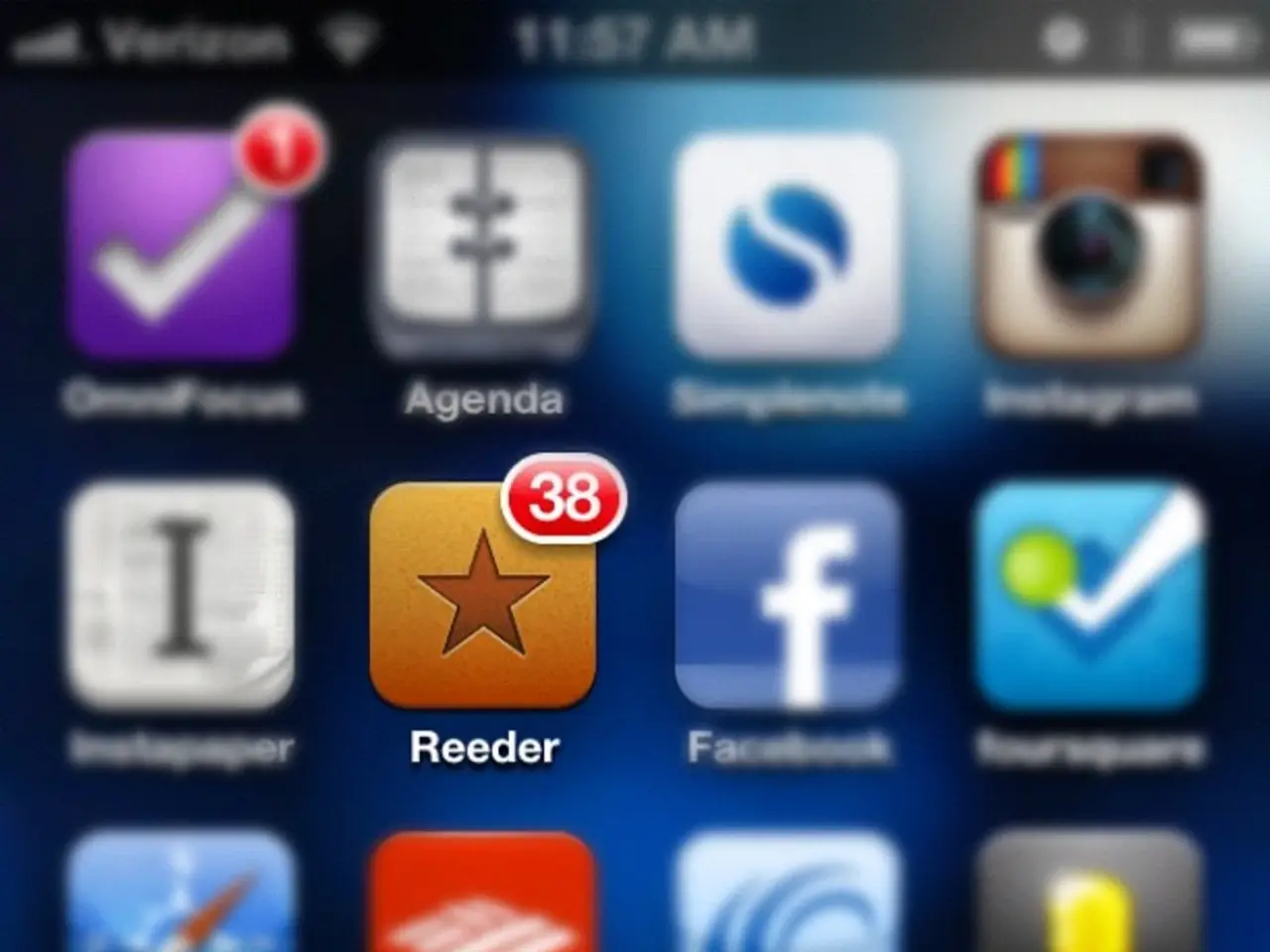Digital Reading Applications Set to Evade Google Play's Billing System
Google to Allow Alternative Payment Methods for Digital Content on Android
In a significant shift for Android users, the upcoming changes to Google Play Store will enable developers of audiobooks, e-books, comics, and newspapers to offer alternative payment methods beyond Google Play Billing[1][2][5]. This move aims to provide consumers with more purchase options and potentially better prices, while reducing dependency on Google’s billing system.
Key impacts of this policy change include:
- Flexible Payment Options: Developers can integrate third-party payment processors or direct users to web-based payments for digital content, which could reduce costs and increase flexibility for both developers and consumers[1][5].
- Direct Communication of Pricing and Offers: Apps can include links or other communications directing users to alternative purchase options, possibly enabling better deals or direct subscriptions without the Play Store in the middle[1].
- End of Exclusive Preinstall Agreements: Google can no longer mandate Play Store preinstallation or favor apps with exclusivity, which might open up competition and broader distribution channels for digital content apps[1].
- Possible Emergence of Third-Party App Stores: Rival app stores (including Epic Games Store) may distribute digital content apps alongside or within the Play Store ecosystem, introducing more purchase options and distribution competition. However, this is slated for a later phase in 2026 or beyond[2][3][5].
For users, this means more purchase options, potentially better prices, and less dependency on Google’s billing system when buying digital content through Android apps. However, these changes are being rolled out quickly and could lead to transitional disruptions or variations in purchasing workflows[1][2].
It is worth noting that the change in policy is similar to Apple's e-reading apps, which now have a "Get Book" button for direct purchases[6]. However, it is unclear if all apps will be able to use their own billing system directly on Google Play or if they will have to be redirected, as is the case with Apple.
The Kindle app for Android, for instance, does not use Google Play Billing, and Google receives $30 for each e-book it sells[4]. With these changes, it is expected that the Kindle app, along with other digital content apps, will benefit from increased flexibility and competition in the market.
Michael Kozlowski, a writer specializing in audiobooks, e-books, and e-readers, with a writing career spanning 18 years, resides in Vancouver, British Columbia, Canada[3]. As an observer of the digital content landscape, Kozlowski's insights may prove valuable in understanding the implications of these changes for both developers and consumers.
[1] https://www.androidpolice.com/2021/10/26/google-play-store-changes-coming-in-2022-to-allow-developers-to-offer-alternative-payment-methods-for-digital-goods/ [2] https://www.theverge.com/2021/10/26/22746032/google-play-store-changes-2022-alternative-payment-methods-apps [3] https://www.michaelkozlowski.com/ [4] https://www.tomsguide.com/us/why-kindle-app-doesnt-use-google-play-billing,review-6539.html [5] https://www.reuters.com/technology/google-to-let-developers-use-own-payment-methods-on-android-devices-2021-10-26/ [6] https://www.macrumors.com/2021/10/26/apple-books-app-update-direct-purchases/
- As a result of Google's new policy, developers of reading apps, e-readers, and other digital content may choose to adopt third-party payment processors, potentially offering more convenient reading experiences on e-readers, smartphones, and other gadgets.
- With the rise of alternative payment methods on Android, consumers might find a wider variety of gadgets, such as e-readers, smartphones, and even new reading apps, offering digital content purchases at competitive prices, thanks to the increased flexibility brought about by technology.




